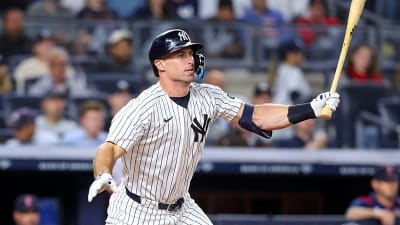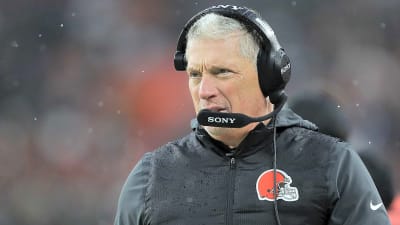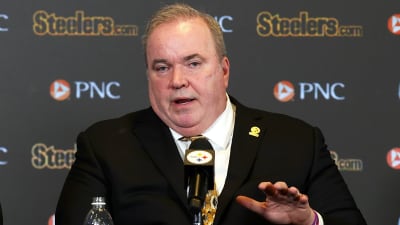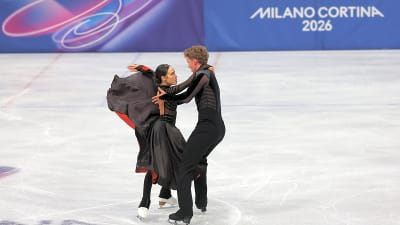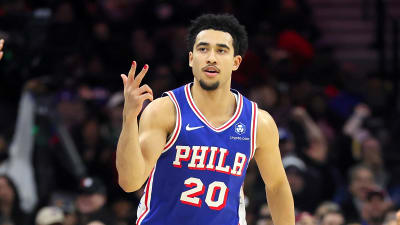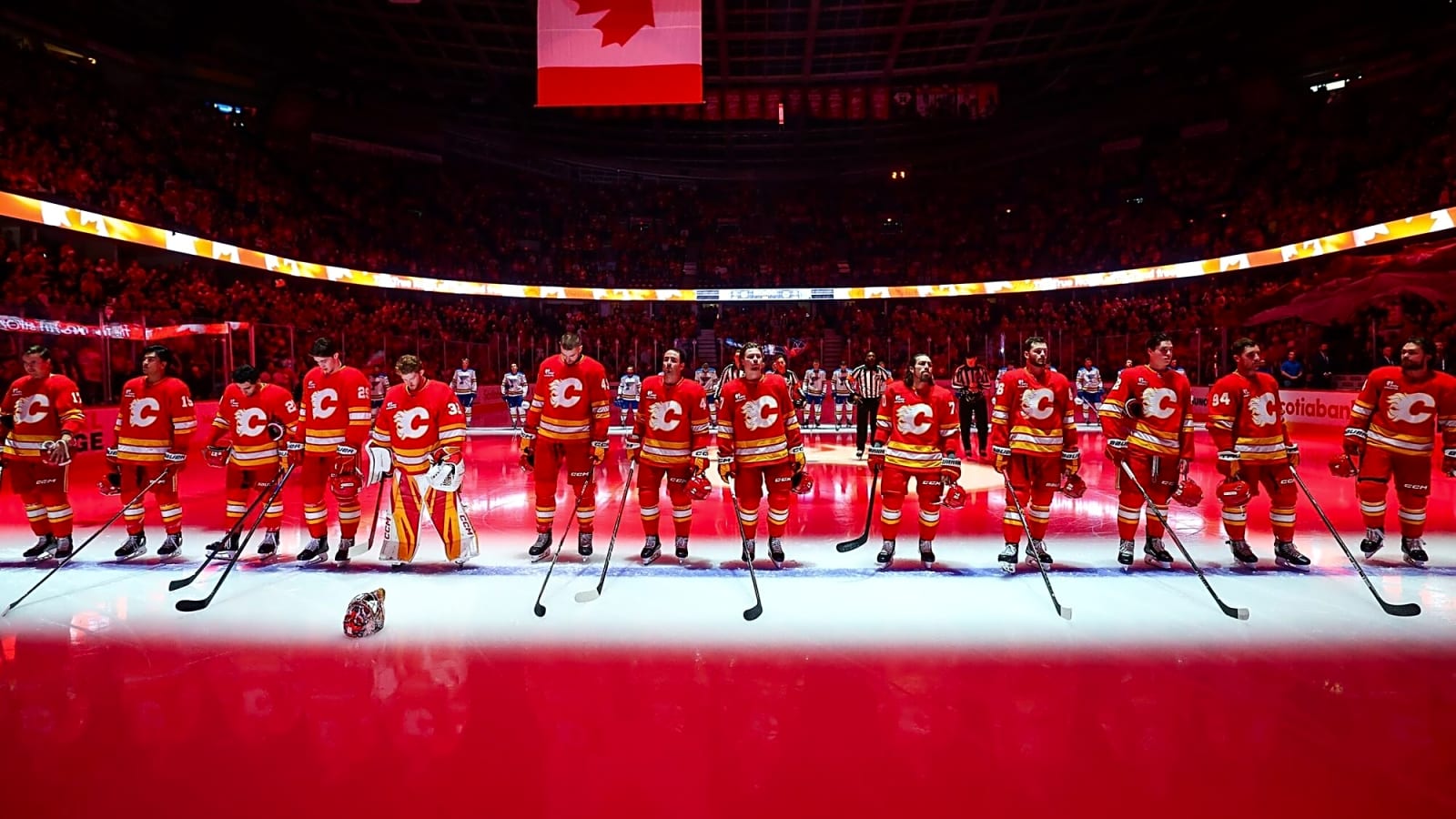
It’s been a few days since Don Maloney, the Calgary Flames’ president of hockey ops, stirred up a you-know-what storm with his recent interviews.
By now, everyone has had a chance to digest what Maloney said, and didn’t say, in his one-on-one with Sportsnet’s Eric Francis over the weekend.
Focusing on part one of the interview, let’s look at some important excerpts and do our best to interpret them.
When asked if the team’s poor start would alter the organization’s approach moving forward, Maloney answered, “No, our message is the same.”
When asked if the losing was to continue, would that alter the organization’s approach:
“I don’t think it would alter the long-term approach. We’re so conscious of the culture here, and creating the right environment to grow these players, and we feel it’s better to grow winning players in a winning environment. We’re still going to lean on our veterans, but leave the opportunity for some younger players to come in when they’re ready. I don’t think the overall approach is changing as we sit here Nov. 22.”
The glaring fault in this response is, of course, that the Flames remain at the bottom of the standings amid a three-year playoff drought. The idea that management would refuse to alter their approach — i.e., change the look of the team — on the basis of wanting to foster a “winning” environment is flawed thinking, considering this particular group hasn’t done any winning at all since being assembled.
The very next question, Maloney was asked if the narrative that ownership doesn’t want a reset or rebuild was accurate:
“No, I don’t think that’s accurate. We have a collective group here with Dave Nonis, Craig, myself, Brad Pascall, Peter Hanlon and we discuss how we move forward. We all want to win a Cup. Yet we, there’s a dynamic in Canada, you have 82 games, you want to sell tickets and get people to come to your games. It all kind of works together. No one has an appetite to just burn it to the studs, take it all down. There’s examples out there right now where you’re talking potentially decades it can take to rebuild. The draft is such an inexact thing. If you could be guaranteed that you could get a superstar or franchise-level player every year I’m sure ownership of any team would say, ‘okay, yeah, we’ll suffer for two or three years.’ But we just don’t think that’s the way for us. We prefer a Dallas model, where they got Miro Heiskanen at three, but also got good players in the 20s, in the 30s. We’ve got to be better in our drafting and developing, versus saying, ‘let’s just lose easy for everybody.’ We don’t want that culture as part of this organization.”
First of all, the ticket-selling thing has long been a point of contention between management and fans. The organization’s approach has seemingly never wavered: field a competitive team every season, put butts in seats, and nurture the bottom line. Fans, on the other hand, have grown tired of seeing the same mediocre product year after year and would welcome some down years in order to accrue elite talent at the top of the draft and ultimately compete for a Stanley Cup.
Second, Maloney completely contradicts himself in his response. He says the draft is an inexact thing, and that there’s no guarantee you get a superstar. He then goes on to say that they want to get a great player with a high pick, and then get other good players in the 20s and 30s, like Dallas did, in reference to the Stars’ 2017 draft, when they drafted Miro Heiskanen at three, Jake Oettinger at 24, and Jason Robertson at 39.
When asked if there are any lessons to be learned from the bevvy of first-overall picks among the top scorers in the NHL, Don had this to say: “Again, in a fantasy world, it’s very enticing. You have to deal with the real world, too.”
It’s hard to determine what he means by “fantasy world” when he was given concrete examples of just how valuable picking high in the draft is. The three most recent first-overall picks, Connor Bedard in 2023, Macklin Celebrini in 2024, and Matthew Schaefer in 2025, have each had immense success since entering the league and have all propelled their team’s standing in the real world.
“We’re very early in this season. Let’s see how it plays out the rest of the year for those teams. No disrespect, those teams are really good, but on that side, look at some of the other teams that have been in this. I don’t want to say the teams, but they’ve been down and missed playoffs for years and years and years. And then you lose your fans, you lose your interest and nobody wants that.”
Is he banking on the success of those players and teams eventually drying up? The first part of that answer is puzzling to say the least.
He then alludes to other team(s) that have picked high and haven’t had results. There is one team: the Buffalo Sabres. That’s it, no other team that has selected first overall in recent memory has been stuck in a rebuild for “decades,” as Maloney termed it. Plus, this notion that the Flames are so far above the Sabres is bogus, Calgary has had as little success in the playoffs as Buffalo has over the last 25 years. Each squad has five series wins apiece since the turn of the century.
The final chunk of that answer is blatantly tone deaf. Flames fans have already experienced years and years of missing the playoffs as it is, and the reason fans are upset is that they, in fact, would be excited by some really down years because it would mean the team could pick in the top three of the draft for the first time in its history, and have a shot at getting the cornerstone player they’ve so sorely missed.
What Maloney fails to realize is that the things that are making fans lose interest are the things they’ve been doing for years, and based on this interview, will continue to do for years to come.
Maloney is then asked how the organization plans to acquire difference makers if they’re not picking in the top three of the draft:
“Well, Matthew Tkachuk was a pretty big difference-maker and he was drafted sixth. There’s good players at the top of the draft. You don’t have to be at the very bottom to get difference makers. Your odds are probably better to be at the very bottom, as we all know, but for us, it’s one thing to have this discussion in March and April. It’s another to be talking in October, November. For a team like us who came in with certain expectations, we’re not going to just knee-jerk it because we’ve had a bad month. We’re going to continue to do what we’re doing, develop and draft our players the way we feel is the correct way to do it. We’ll see how the next few months go, but again, it’s not going to be a knee-jerk reaction to having just a very disappointing 20 games.”
There’s one part of this answer that is actually encouraging. Don acknowledges that it’s still early in the season and alludes to a potential change in philosophy in ‘March and April’. I’m assuming he means that if the team is still struggling down the road, they’ll be open to having some conversations they’re not having right now. I just wish he’d have said that more, instead of taking this staunch position that they will not change their philosophy regardless of how the team is performing.
He goes on to condemn any ‘knee-jerk’ reaction to a bad month, fair, but in the real world, this team has had a bad previous three seasons, and in all likelihood, will miss the playoffs for a fourth straight year.
That’s only part one, and it’s a lot to unpack.
It’s important to remember that you should always take what NHL decision-makers say to the media with a grain of salt, as they have many stakeholders to please with their words, and they often lie to do so. Through the media, they are speaking to their team, their bosses, and other executives around the league.
The issue is that many people, myself included, actually do believe Maloney, and that what he’s saying fails to appease the most important stakeholder, the fans.
(Editor’s note: be sure to check out Brendan Parker’s first intermission interview with Maloney from the Buffalo game, and both parts of Eric Francis’ chat with Maloney over at Sportsnet’s site: part one is here and part two is here.)
More must-reads:
- Leon Draisaitl unloads on struggling Oilers: 'Just not good enough'
- Hall of Famer rips Browns, Todd Monken for treatment of Shedeur Sanders
- The 'NFL active TD-pass leaders' quiz
Breaking News
Trending News
Customize Your Newsletter
 +
+
Get the latest news and rumors, customized to your favorite sports and teams. Emailed daily. Always free!

